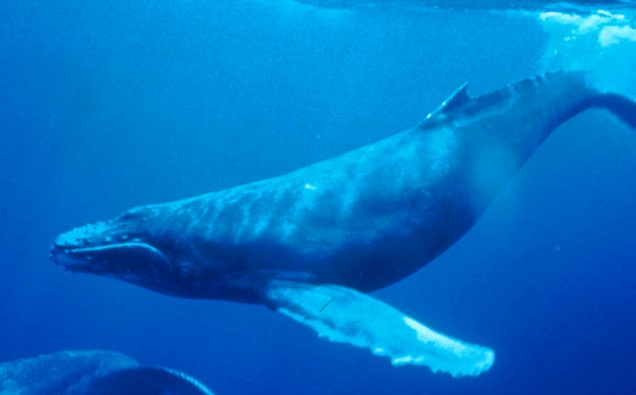
The world’s oceans hit their warmest level in recorded history in 2019, a new study says with a warning that Earth is heating up at an accelerated pace with huge consequences for all.
“The ocean heating is irrefutable, and a key measure of the Earth’s energy imbalance: the excess GHGs in the air trap more heat inside the climate system and drives global warming,” an IAP analysis says
More than 90% of the heat accumulates in the ocean because of its large heat capacity, and the remaining heating manifests as atmospheric warming, a drying and warming landmass, and melting of land and sea ice, authors of the study explain.
The past 10 years are also the highest in global mean sea level since 1900 with a lot of implications.
The study adds to growing warnings that the planet may be headed to a precarious climate change if human do not act swiftly to address the causes.
“Increases in ocean temperature reduce dissolved oxygen in the ocean and significantly affect sea life, particularly corals and other temperature- and chemistry-sensitive organisms The increasing heat increases evaporation, and the extra moisture in the warmer atmosphere nourishes heavy rains and promotes flooding.”
“If you look at the ocean heat content, 2019 is by far the hottest, 2018 is second, 2017 is third , 2015 is fourth, and then 2016 is fifth, said Kevin E. Trenberth, A senior scientist at the National Center for Atmospheric research and an author on the study.
Published in the journal Advanced in Atmospheric Sciences, the new analysis issues a clear-cut warning:
“It is important to note that ocean warming will continue even if the global mean surface air temperature can be stabilized at or below 2°C (the key policy target of the Paris Agreement) in the 21st century due to the long-term commitment of ocean changes driven by GHGs.
“Here, the term “commitment” means that the ocean (and some other components in the Earth system, such as the large ice sheets) are slow to respond and equilibrate, and will continue to change even after radiative forcing stabilizes.”
The hopeful scenario is still possible:
“However, the rates and magnitudes of ocean warming and the associated risks will be smaller with lower GHG emission. Hence, the rate of increase can be reduced by appropriate human actions that lead to rapid reductions in GHG emissions thereby reducing the risks to humans and other life on Earth,” the study says.
The world’s oceans are now heating at the same rate as if five Hiroshima atomic bombs were dropped into the water every second, scientists say, according to a CNN report.
The oceans are really what tells you how fast the Earth is warming,” Prof John Abraham at the University of St Thomas, Minnesota says,
“Using the oceans, we see a continued, uninterrupted and accelerating warming rate of planet Earth. This is dire news.”
















